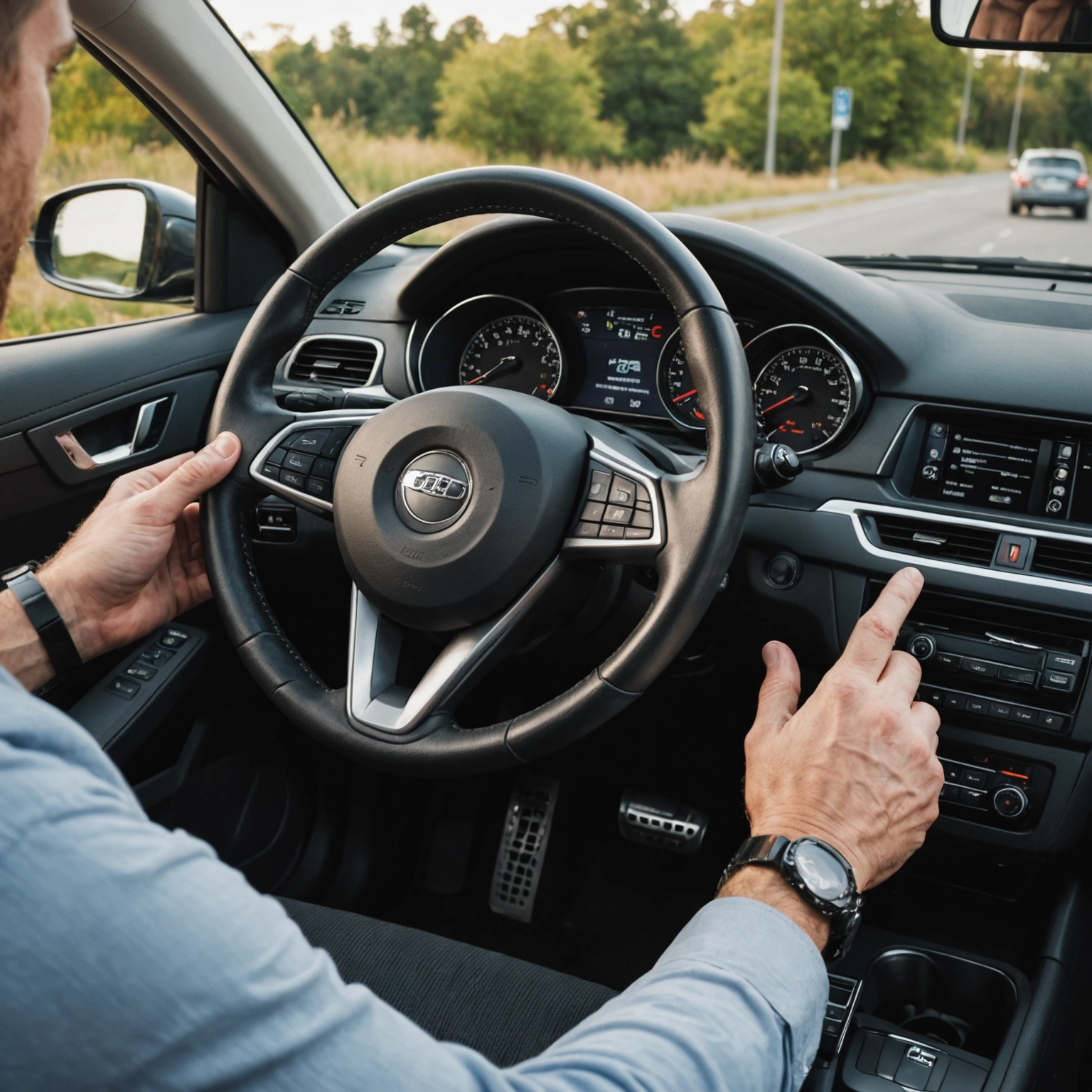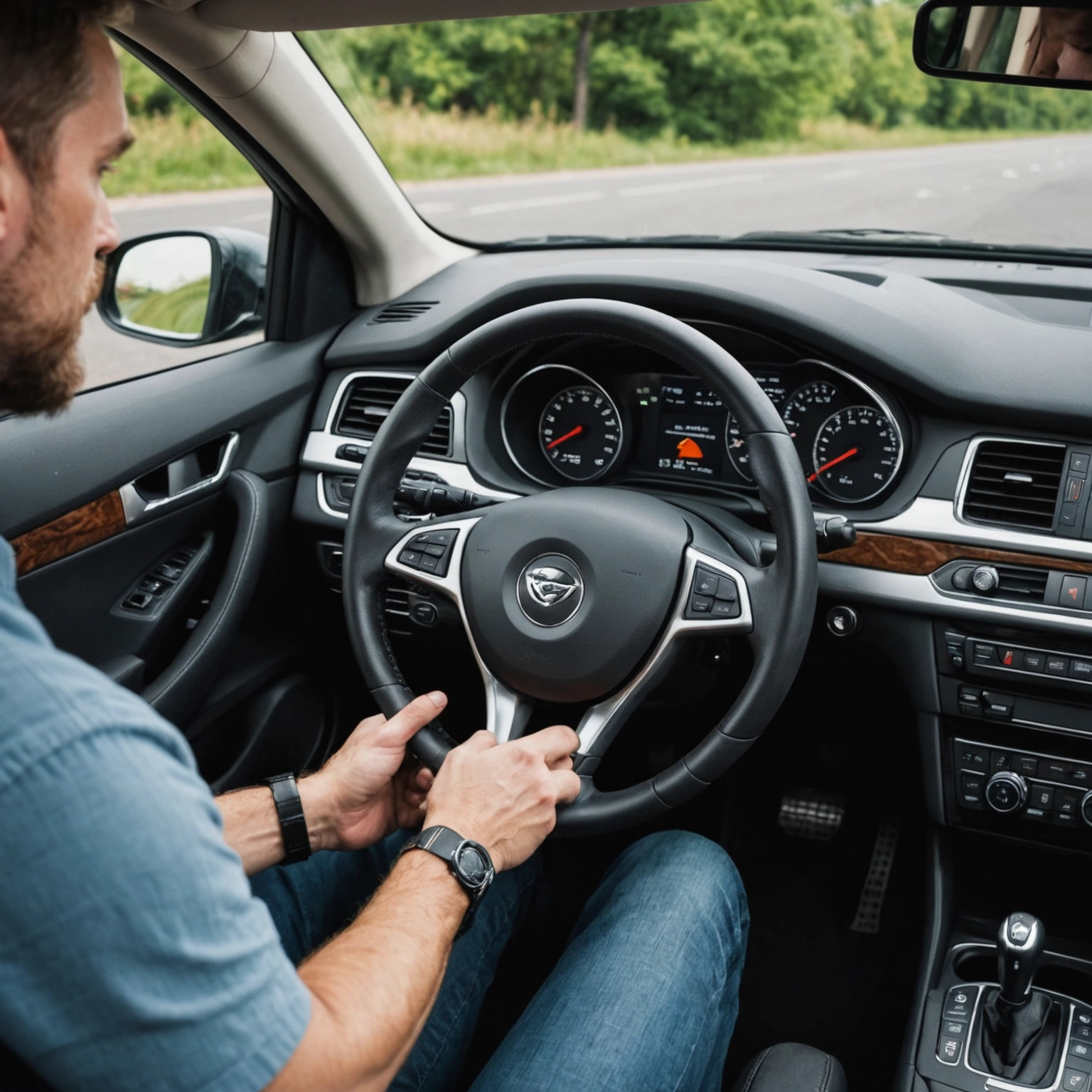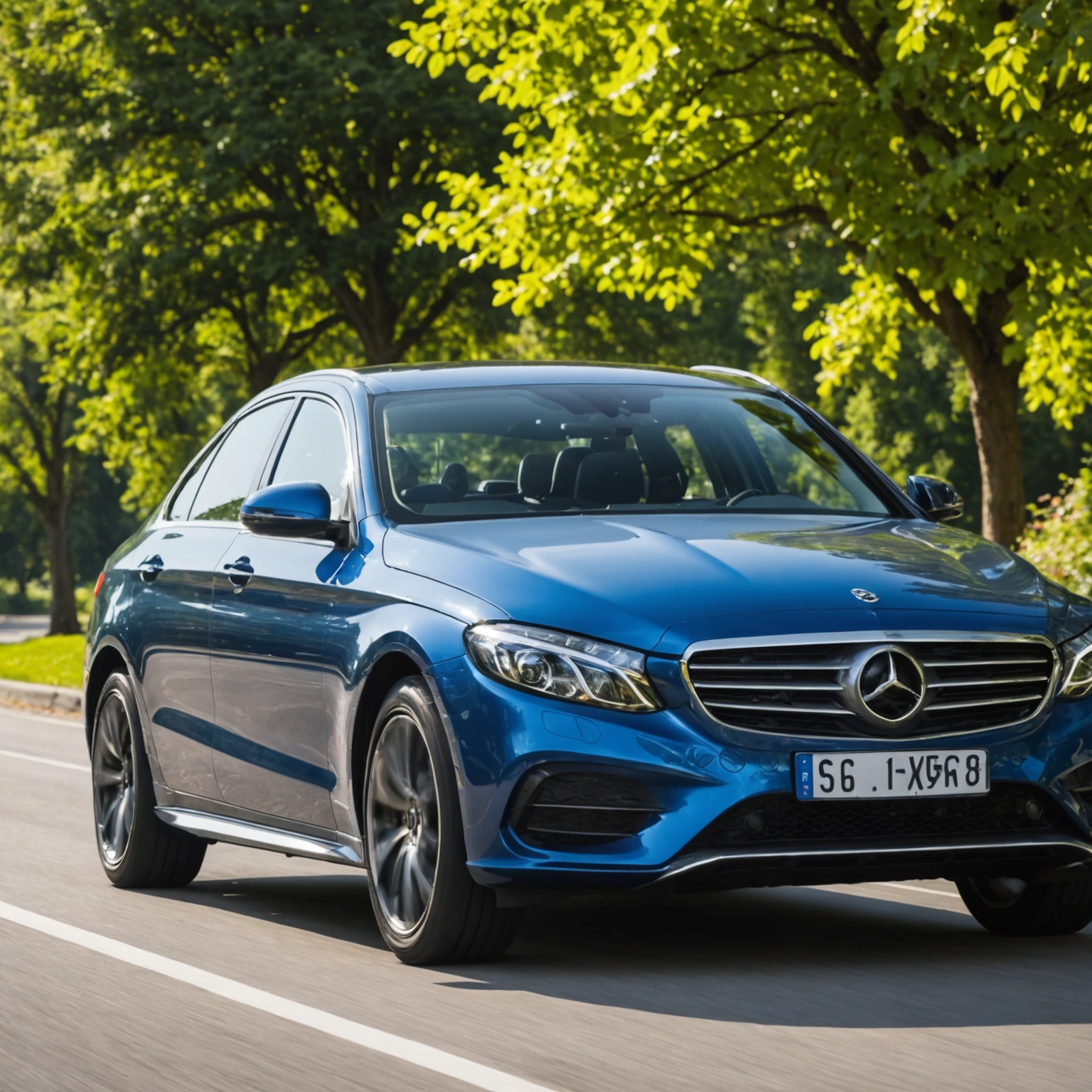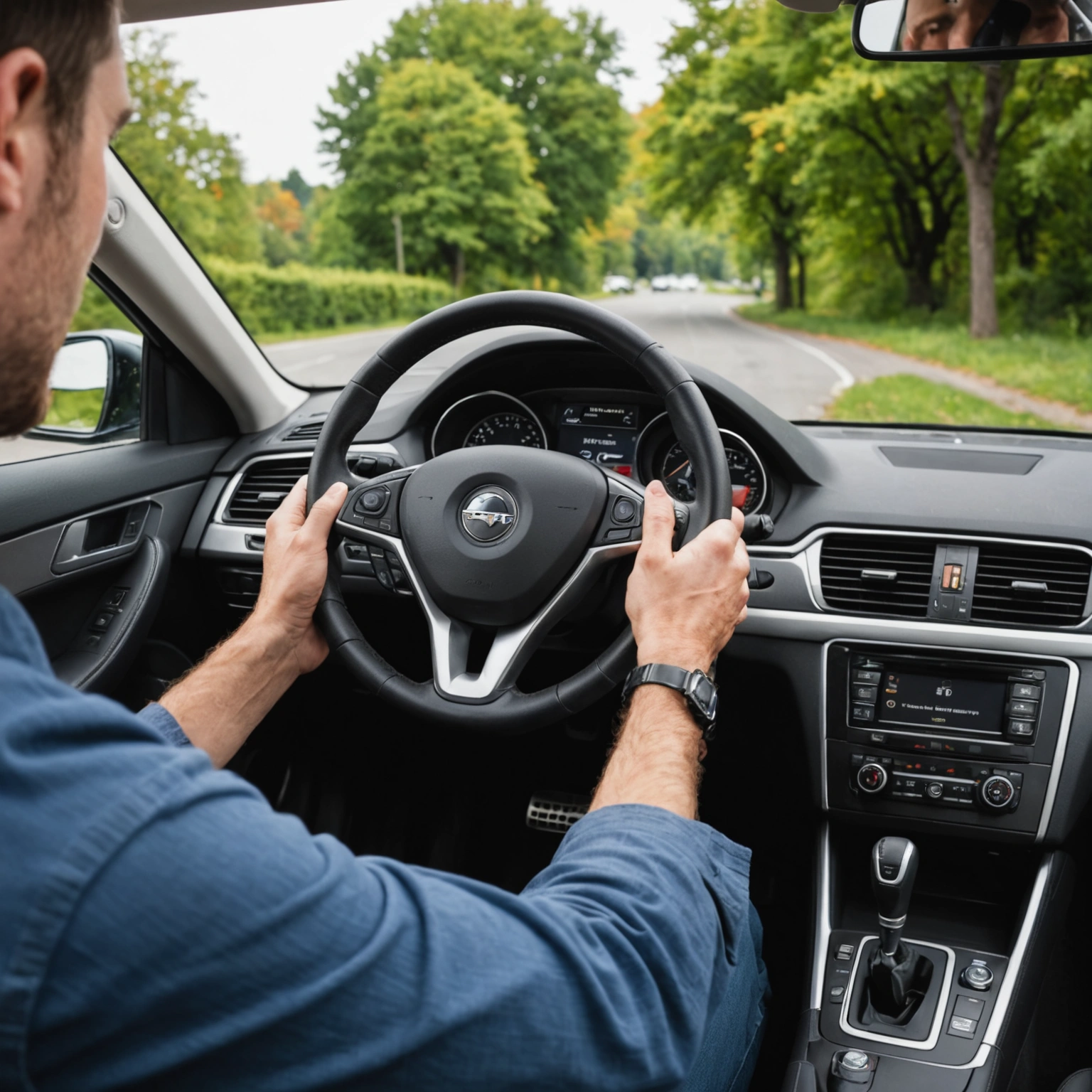**Why Does My Car Jerk When I Stop? Understanding the Causes**
If you’ve experienced your car jerking or lurching as you come to a stop, you’re not alone. This unsettling sensation can be caused by various issues within your vehicle’s systems. Understanding the common causes can help you diagnose the problem and decide whether it’s something you can address yourself or if professional assistance is needed.

### Common Reasons Why Your Car Jerk When Stopping
#### 1. **Dirty or Faulty Idle Air Control Valve (IACV)**

The Idle Air Control Valve manages the engine’s idle speed by regulating air flow. If it becomes dirty or malfunctions, it can cause irregular engine idling, leading to jerking when you stop.
**Solution:** Cleaning or replacing the IACV can often resolve this issue.

#### 2. **Worn or Contaminated Spark Plugs**
Spark plugs ignite the air-fuel mixture in your engine. Worn or dirty spark plugs can cause misfires, which may result in a jerking sensation during deceleration or stopping.

**Solution:** Regular inspection and replacement of spark plugs help maintain smooth engine operation.
#### 3. **Clogged Fuel Injectors**
Fuel injectors deliver fuel into the engine. If they’re clogged or malfunctioning, the engine may not receive a consistent fuel supply, causing rough idling and jerking when stopping.
**Solution:** Cleaning or replacing fuel injectors can improve fuel delivery.
#### 4. **Transmission Issues**
Automatic transmissions rely on smooth gear shifts. Problems such as low transmission fluid, worn clutch plates (in older models), or transmission control module issues can cause hesitation or jerking during deceleration.
**Solution:** Checking and topping up transmission fluid or consulting a transmission specialist may be necessary.
#### 5. **Vacuum Leaks**
Vacuum leaks in hoses or intake manifold gaskets can cause unsteady engine idle, leading to jerking sensations when slowing down.
**Solution:** Inspecting vacuum hoses for cracks or disconnections and repairing them can restore proper engine function.
#### 6. **Dirty or Failing Sensors (Mass Air Flow, Throttle Position Sensor)**
Sensors monitor various engine parameters to optimize performance. When these sensors malfunction or become dirty, they can send incorrect data, resulting in rough engine behavior.
**Solution:** Cleaning or replacing faulty sensors can improve idle stability.
#### 7. **Brake System Issues**
In some cases, if your brake rotors are warped or your brake system is not functioning properly, you might feel a jerking sensation when applying or releasing the brakes.
**Solution:** Having your brakes inspected and serviced as needed can eliminate this issue.
### When to See a Mechanic
While some causes are straightforward and DIY-friendly, others require professional diagnosis and repair. If your car continues to jerk despite basic maintenance or if you’re unsure of the cause, it’s best to seek help from a qualified mechanic to prevent further damage.
### Preventative Tips
– Regularly maintain your vehicle according to the manufacturer’s schedule.
– Keep your engine’s air filter, spark plugs, and fuel system clean.
– Check and replace transmission fluid as recommended.
– Address warning lights promptly.
### Final Thoughts
A jerking sensation when you stop can be caused by a variety of engine or transmission issues, from simple dirt buildup to more complex mechanical problems. Early diagnosis and maintenance can keep your vehicle running smoothly and help avoid costly repairs down the line.
If you’re experiencing this issue, start with basic checks, and don’t hesitate to consult a professional if needed. Safe driving!

